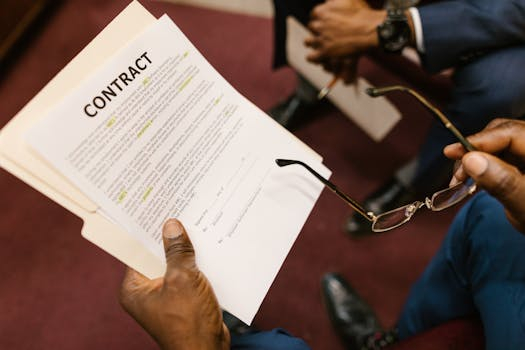Legal Chatbots: Democratizing Access to Legal Information
Since its inception, the legal system has been notorious for being complex, expensive, and inaccessible to the average person. Legal services have always been a privilege reserved for those who can afford it. However, with the advancement of technology, the legal industry has undergone a dramatic transformation. One such transformation is the use of legal chatbots, AI-powered virtual assistants designed to provide affordable and accessible legal information. In this article, we will explore how legal chatbots are democratizing access to legal information.
What are Legal Chatbots?
Legal Chatbots are AI-powered virtual assistants that are designed to interact with users in a conversational manner. They are programmed to understand and respond to human queries and provide relevant information. Legal chatbots use natural language processing (NLP) to interpret human language and generate automated responses.
These bots are integrated into messaging platforms such as social media apps, messaging apps, and websites, making them easily accessible to users. They assist users by providing legal information, forms, and documents, answering frequently asked questions, and even scheduling appointments with lawyers.
How Legal Chatbots are Making Legal Information Accessible?
The legal system is notoriously complex, filled with legal jargon and formalities that can be difficult for the average person to understand. This complexity is a major barrier for individuals seeking legal information. Legal chatbots, on the other hand, are designed to simplify legal information by using natural language and providing easy-to-understand responses.
With legal chatbots, individuals no longer have to sift through pages of legal documents or navigate confusing government websites to find the information they need. These bots can provide legal information on various topics such as estate planning, contracts, and immigration, among others. This makes it easier for individuals to educate themselves on legal matters and make informed decisions.
The Cost-Effective Solution for Legal Information
Legal services can be expensive, and not everyone can afford to hire a lawyer for their legal needs. This leads to a significant number of people being unable to access legal services, leaving them vulnerable to legal issues. Legal chatbots offer a cost-effective solution for accessing legal information. Unlike lawyers who charge by the hour, chatbots are available 24/7 at a fraction of the cost.
Additionally, legal chatbots also offer services such as document templates and form filling at a reduced price compared to traditional legal services. This makes it easier and more affordable for individuals to handle legal matters such as drafting a will or incorporating a business.
The Inclusivity Factor
The legal industry has long been known for its lack of diversity and inclusivity. A vast majority of legal services are catered to the wealthy, leaving underprivileged communities and individuals without access to legal assistance. Legal chatbots are breaking down this barrier by providing affordable and accessible legal information to all individuals regardless of their socio-economic status.
Moreover, these bots are available in multiple languages and cater to a diverse audience, making it easier for individuals from different backgrounds to access legal information in their native language.
The Efficiency and Convenience Factor
With legal chatbots, individuals can access legal information at any time and from anywhere with an internet connection. They no longer have to schedule appointments or wait in long queues at government offices. This saves users time and, in turn, increases efficiency.
Additionally, chatbots are programmed to provide quick and accurate responses, eliminating the need for individuals to spend hours researching legal matters. This saves users not only time but also the frustration of navigating complex legal processes.
The Future of Legal Chatbots
The use of legal chatbots is still in its early stages, but it is quickly gaining popularity in the legal industry. With advancements in AI technology, these bots are becoming more sophisticated and can handle more complex legal matters.
In the future, legal chatbots have the potential to completely revolutionize the legal industry. They can assist individuals in filing legal documents, providing legal advice, and even predicting legal outcomes based on the information provided. This would make legal services more efficient, cost-effective, and accessible to all.
In Conclusion
Legal chatbots have the potential to democratize access to legal information by breaking down barriers of cost, complexity, and inclusivity. These bots provide an affordable, accessible, and convenient solution for individuals to educate themselves and handle legal matters. As technology continues to advance, legal chatbots will play an essential role in democratizing the legal system and making it more equitable for all individuals.









